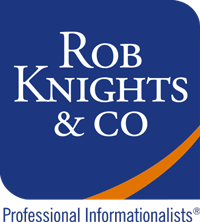Are Traditional Partnership Models Still Your Best Choice?
Are Traditional Partnership Models Still Your Best Choice?
For as long as everyone can remember, professional practices have typically run on the basis that an individual performs their related training, commences work in a firm and gradually progresses up the ranks in experience and seniority. Some individuals will then have a view or desire to become a future partner and equity holder.
As an equity holder, the practitioner will be entitled to some form of salary or drawings as well as profit share, where available. Many will be entitled to a total annual package (salary and profits) of say $250K – $350K, perhaps a little more, depending on the overall size of the practice and equity held. In many instances, equity is held equally, or thereabouts across the partnership.
More recently there has been a push towards public listings of professional firms, some have been more successful and long lasting that others. Whilst the professions as a whole have also considered the greater implementation of corporate models, particularly as a means of endeavouring to address internal succession.
However, an approach we have been espousing with our more senior practitioners for some time now is the separation or distinction between ownership and participation. This has as much relevance to younger partners as it does to those considering their exit. Essentially, as a partner or director, you don’t have to hold equity to participate, contribute or service clients.
So this raises a question in response to the traditional partnership model.
Do you, perhaps as a past equity holder in another firm or not, have to hold equity in the current firm you work to achieve what you want to achieve within your working life?
It comes back to thinking about what you want from your career. Is it good remuneration, enjoyable client contact, being a leader but not necessarily an equity holder or being part of an exciting place to work? Is equity really that important?
Therefore, I would encourage all partners currently part of a more traditional partnership model, to look within and identify what your key objectives and goals are for the remainder of your working career. Is being an equity holder high up on that list?; and that’s ok if it is.
However, if its not, there may be alternate opportunities that will enable you to successful achieve your other core goals and objectives within your career.
